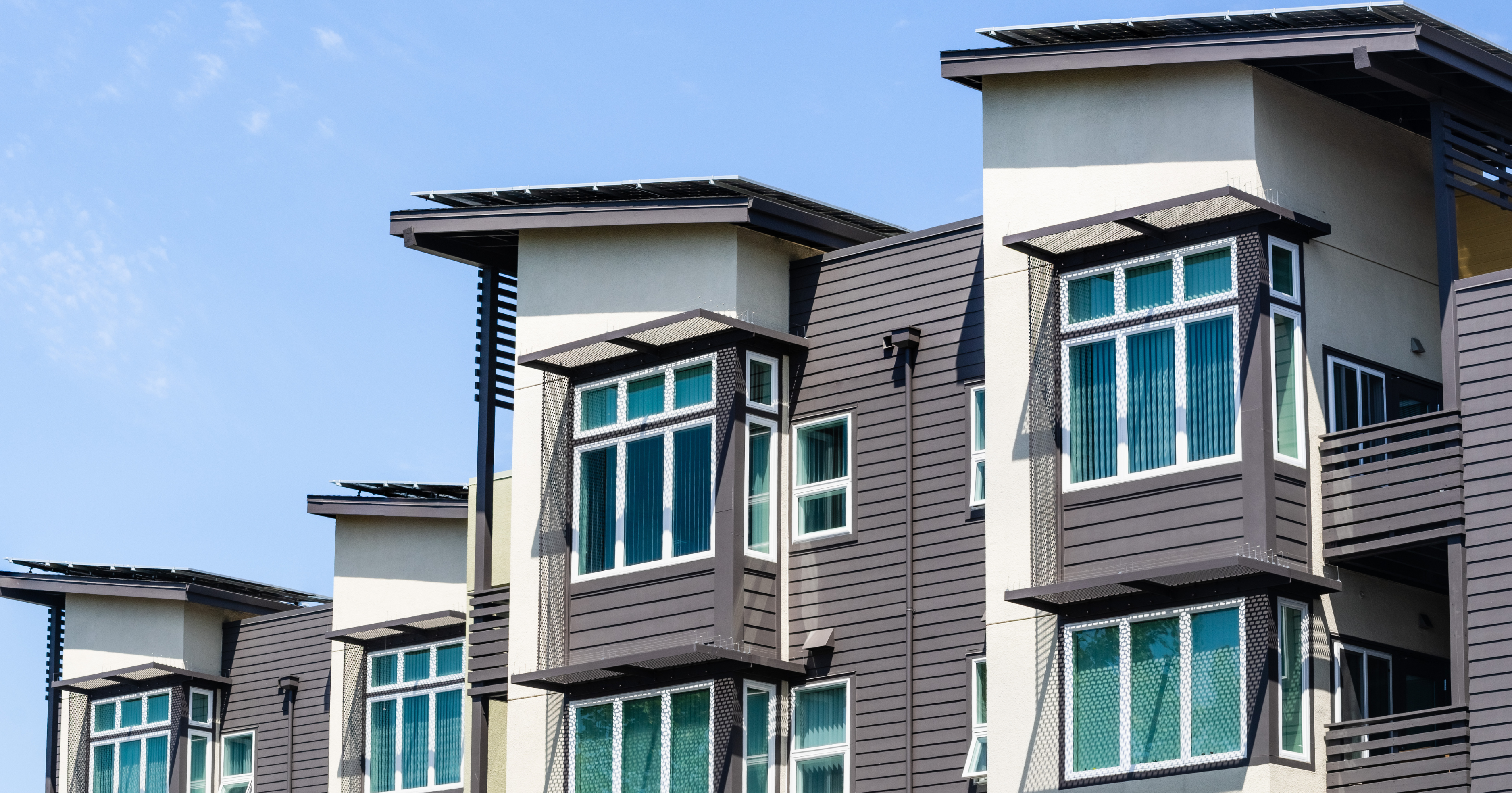On December 1, 2025, new rules from the Public Service Commission of Wisconsin (PSC) will take effect, modernizing how electricity is metered in multifamily housing and mobile home parks. This update represents a major win for clean energy and affordable housing advocates as well as for developers across the state.
RENEW Wisconsin, Clean Wisconsin, Elevate, Dane County, the City of Madison, the Wisconsin Local Government Climate Coalition, the Union of Concerned Scientists, and many other advocates and developers submitted comments supporting the change. Together, these groups urged the PSC to update outdated language to make it easier to design affordable, energy-efficient, and renewable-ready multi-family housing.
The rule, originally adopted in 1980 to comply with the Public Utility Regulatory Policies Act (PURPA) of 1978, had not been substantially revised since 2002. It was intended to promote energy conservation by requiring every dwelling in a multi-unit building or mobile home park to have its own electric meter. While well-intentioned, the rule eventually outgrew the technology of its time. It began to restrict new energy-saving methods such as shared solar, geothermal heating, and high-efficiency heat pumps.
The updated PSC 113.0803 rule now establishes clear standards for when individual meters are not required. Multifamily or mobile home park projects can qualify if:
- High-efficiency equipment: Tenant-controlled systems meet Focus on Energy or federal efficiency standards, and projected energy use per unit is less than half the statewide average, factoring in onsite renewables.
- High-efficiency design: Newly constructed buildings meeting advanced performance standards through programs like Focus on Energy automatically qualify.
- Affordable housing participation: Buildings under contract with local, state, or federal affordable housing programs are eligible.
This rule change will open new opportunities for solar, geothermal, and other clean energy technologies, reduce administrative delays, support affordable housing, and expand Wisconsin’s pathway toward clean economic growth. This change opens up new avenues in our all-of-the-above approach to deploying renewables and ensures everyone in the state can benefit from clean, reliable energy.

